Strategic partnerships
The partnerships are established by the appointment of Special Chairs (bijzonder hoogleraar) and/or visiting researchers who work at the partner institutes. Their role is to promote interaction between the organizations through developing and facilitating research and educational activities. For example, researchers based at these external organizations may also work towards a PhD at the University of Amsterdam, or MSc researchers at the University of Amsterdam may conduct research internships at the external organizations. To find out more about these organizations, the special chair holders and visiting researchers, and ongoing activities, read the descriptions below.
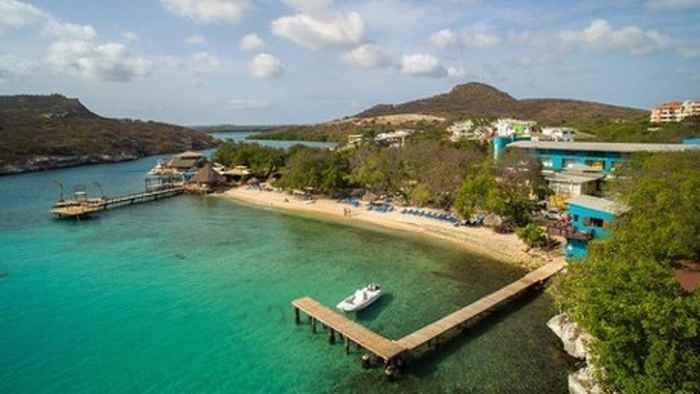
The Caribbean Research and Management of Biodiversity (CARMABI) Foundation
CARMABI is a non-profit foundation on the island of Curaçao in the Dutch Caribbean. It was established in 1955 as a marine research institute. Now the organization has 4 pillars on which it works: Marine and Terrestrial Research, Park Management, Nature and Environment Education, and Consultancy.
CARMABI is the leading organization in the Caribbean on applied natural sciences through knowledge acquisition, knowledge dispersal, and nature management applications, to support the sustainable development of nature. Their mission is to contribute to the sustainable development and management of the natural resources of Curaçao through research, nature management, and environmental education. The institute is currently visited by approx. 250 scientists a year for research purposes and by various universities for courses related to coral reef ecology.
The strategic partnership between IBED and CARMABI is ensured via the appointment of Mark Vermeij as Full Professor in ‘Tropical Marine Ecology’ at the University of Amsterdam. He is stationed at CARMABI full-time, where he oversees the research and educational programs.
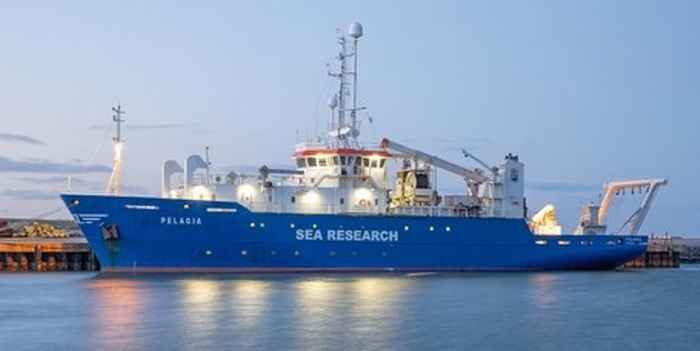
Royal Netherlands Institute for Sea Research (NIOZ)
NIOZ is the national oceanographic institute and the Netherlands’ center of expertise for ocean, sea, and coast. They advance a fundamental understanding of marine systems, the way they change, the role they play in climate and biodiversity, and how they may provide sustainable solutions to society in the future. The overarching research questions at NIOZ are related to understanding how marine systems work, how they are changing due to anthropogenic and natural impacts, and what benefits can be sustainably obtained from them.
NIOZ makes its knowledge and state-of-the-art analytical and seagoing facilities available to the wider marine science community, both nationally and internationally. As such, they provide the Netherlands’ marine scientific community with state-of-the-art research vessels and equipment.
The strategic partnership between IBED and NIOZ is ensured via the special chairs of Professor Linda Amaral Zettler in ‘Marine Microbiology’ and Professor Corina Brussaard in ‘Viral Ecology’. They combine working at IBED and NIOZ and facilitate information exchange, joint projects, and (PhD) student supervision.
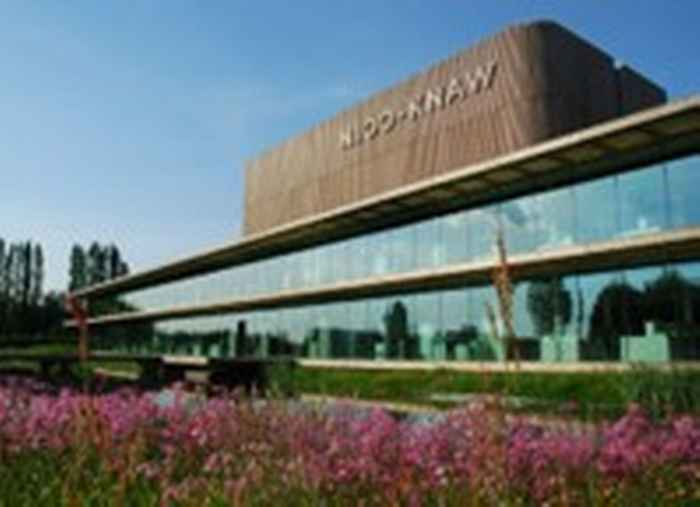
Nederlands Instituut voor Ecologie (NIOO-KNAW)
With about 200 people, NIOO is one of the largest institutes within the Royal Netherlands Academy of Arts & Sciences (KNAW). It is their mission to perform leading ecological research in the themes of biodiversity, climate change, and sustainable use of land and water, to stimulate ecological research in The Netherlands, and to share ecological knowledge with society. NIOO-KNAW aims to understand how terrestrial and aquatic ecosystems function and respond to environmental changes and human impacts. With this knowledge, NIOO contributes to the design of new strategies for the sustainable future of life on earth.
The strategic partnership between IBED and NIOO-KNAW is ensured via the special chair of Professor Dedmer van de Waal in ‘Aquatic Functional Ecology’. He combines working at IBED and NIOO-KNAW to facilitate information exchange, joint projects, and (PhD) student supervision.
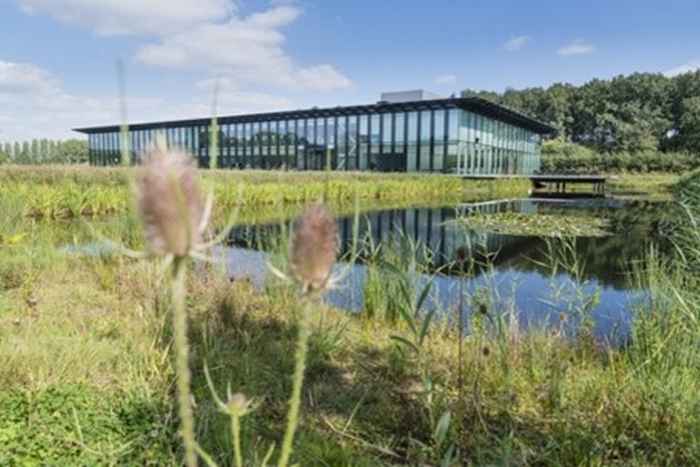
KWR Water Research Institute
KWR generates knowledge to enable the water sector to operate water-wisely in our urbanized society. Therefore, KWR’s motto is ‘Bridging Science to Practice’. To achieve this, their researchers work at the interface of science, business, and society. Their strength lies in their translation of scientific knowledge into applicable, practical solutions for end-users in the Dutch and international water sector. KWR researchers have built a solid reputation as top-level innovation accelerators and international network builders, and increasingly play a coordinating role in national and international collaborations.
Research at KWR is organized into five research themes: ‘Health’, ‘Sustainability’, ‘Society’, ‘Looking ahead’, and ‘Enabling technologies’. The basis of the research at KWR is the Joint Research Program (BTO) for drinking water companies. The BTO aims to carry out exploratory work in the above-mentioned themes and implement these in the individual water companies’ practice and with added value for the collective sector. As such, KWR’s scientific findings and the resulting practical innovations contribute, worldwide, to sustainable water provision in the urban water cycle.
The strategic partnership between IBED and KWR is ensured via the associate professorship of Dr. Thomas ter Laak in ‘Environmental Chemistry’. He combines working at IBED and KWR to facilitate information exchange, joint projects, teaching, and (PhD) student supervision.
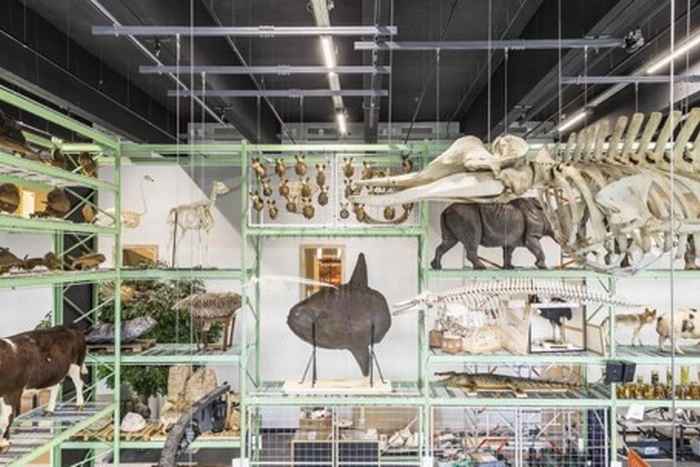
Naturalis Biodiversity Center
Naturalis is the Dutch national research institute for biodiversity. Working with one of the largest natural history collections in the world, their researchers work on describing, monitoring, and understanding biodiversity. This type of research is fundamental to the protection of both the Earth’s natural riches and ourselves. At Naturalis, over 120 full-time scientists and 200 guest researchers work on scientific issues in the field of biodiversity on land and at sea worldwide: mapping species and their cohesion, and their changing living environment. Data specialists work on automatic species identification, and on weaving all biodiversity data together. Their scientists, guest researchers, and specialists are distributed across 9 research groups and several departments. Among these departments are ‘Marine Biodiversity’ and ‘Plankton Diversity and Evolution’, which are both strongly complementary to the research performed at FAME.
The strategic partnership between IBED and Naturalis is ensured via the associate professorship of Dr. Katja Peijnenburg in ‘Plankton Diversity and Evolution’. She combines working at IBED and Naturalis to facilitate information exchange, joint projects, teaching, and (PhD) student supervision.